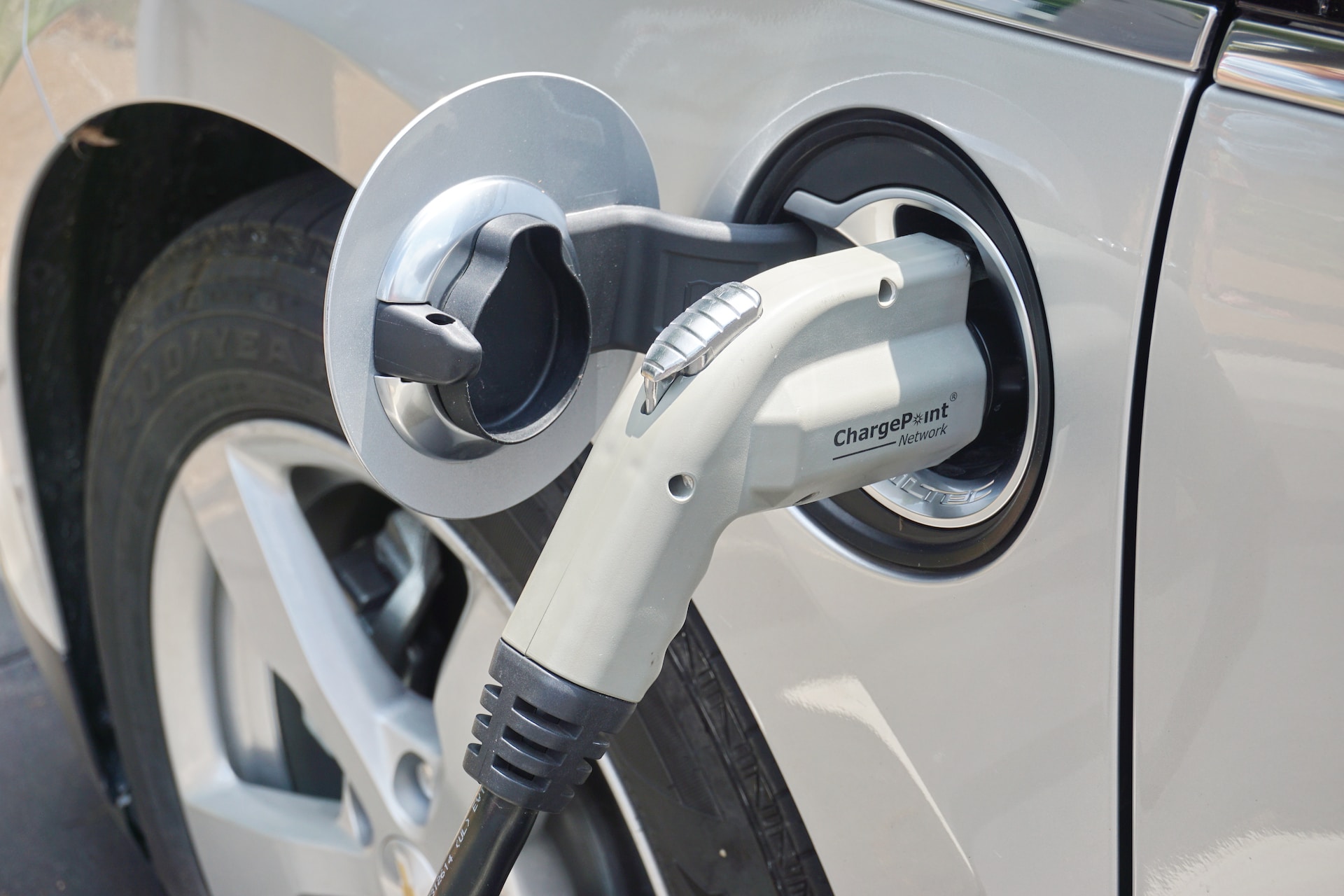- 1 May 2023
- 61
EV Leasing Becomes a No-Brainer with the US Tax Code’s New Loophole

Electric vehicles (EVs) are becoming more popular as consumers look for ways to reduce their carbon footprint and save on fuel costs. However, the high upfront cost of purchasing an EV is often a deterrent for many potential buyers. To make EVs more accessible, the US government has implemented tax incentives to encourage the adoption of electric vehicles. Recently, a new tax loophole has emerged that is making EV leasing more affordable than ever.
The new tax loophole is a result of changes made to the US tax code in 2017 under the Tax Cuts and Jobs Act. The Act introduced a new tax credit for businesses that purchase electric vehicles, which has led to an increase in the number of companies offering EVs to their employees. However, it also included a provision that allows businesses to claim the credit for leased vehicles as well.
This means that businesses can now claim a tax credit of up to $7,500 for leasing an EV, which they can pass on to their employees in the form of lower lease payments. As a result, EV leasing has become more affordable for individual consumers, and some experts say that it could be a game-changer for the EV market.
According to a report by Edmunds, the average monthly lease payment for an electric vehicle in the US is currently around $455, which is higher than the average lease payment for a gasoline-powered vehicle. However, with the new tax credit, the monthly payment for an EV can be reduced by up to $208, making it a more attractive option for budget-conscious consumers.
The tax credit is also having a positive impact on the environment. As more people choose to lease EVs, the demand for gasoline-powered vehicles will decrease, which will result in lower emissions and improved air quality. In addition, the tax credit is helping to spur innovation in the EV industry, as automakers are investing more resources in developing new models to meet the growing demand for electric vehicles.
Despite the benefits of the new tax loophole, some experts caution that it may not last forever. The tax credit is set to expire once a manufacturer sells 200,000 electric vehicles in the US, and some automakers are getting close to reaching that limit. For example, Tesla has already sold over 200,000 EVs in the US, which means that the tax credit for Tesla vehicles will begin to phase out later this year.
However, there are still several automakers that have not yet reached the 200,000-vehicle threshold, which means that the tax credit will remain in place for their vehicles. In addition, there is a possibility that Congress may extend the tax credit or introduce new incentives to encourage the adoption of electric vehicles.
In conclusion, the US tax code’s new tax loophole is making EV leasing more affordable than ever. The tax credit for businesses that lease EVs is helping to lower the monthly lease payments for individual consumers, which is making EVs more accessible to a wider audience. The tax credit is also having a positive impact on the environment, as more people are choosing to lease electric vehicles, which will help to reduce emissions and improve air quality. However, the tax credit is not permanent, and consumers should take advantage of it while it lasts.

